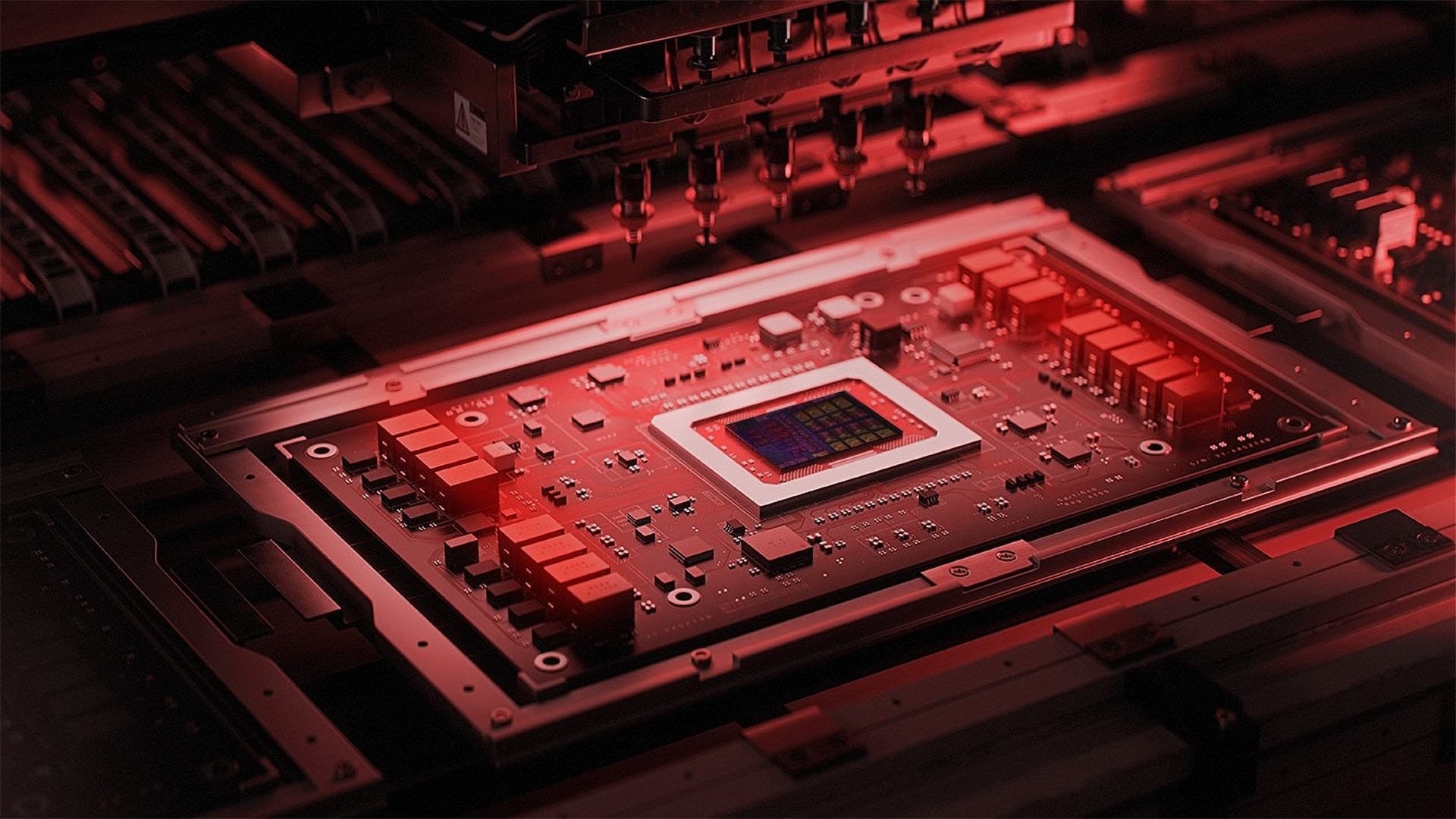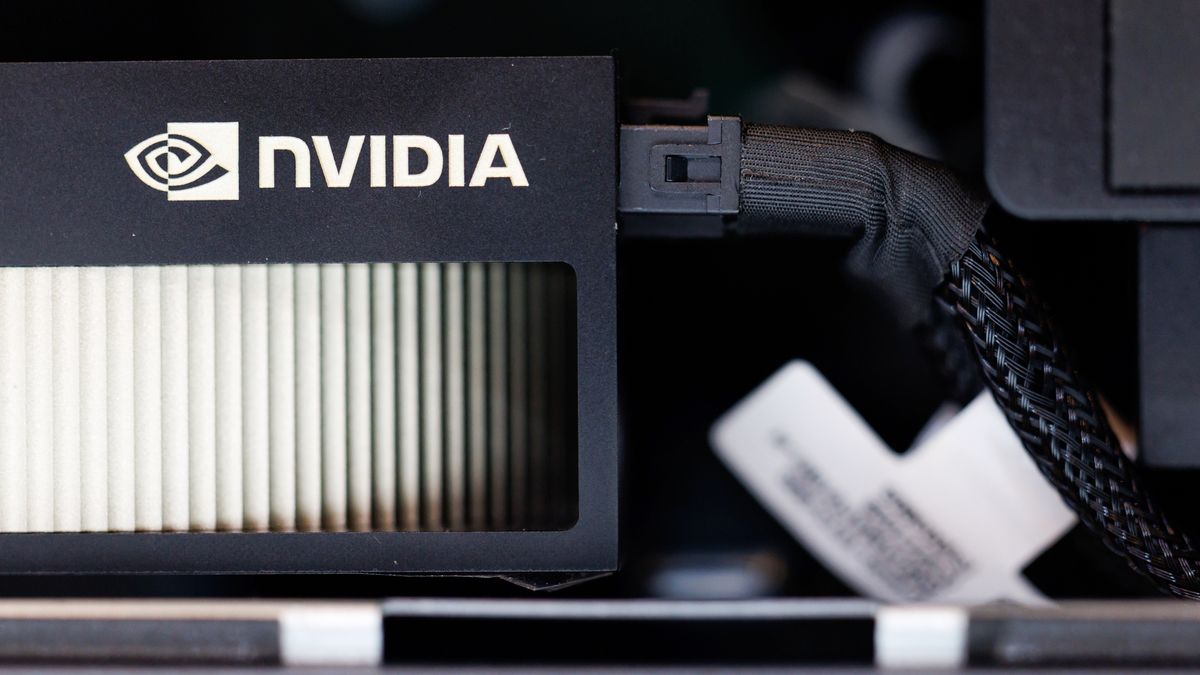At IFA 2025 on September 6, AMD didn’t use its platform to unveil new silicon. It instead delivered a decidedly less dramatic defense of its long game. In a candid roundtable with journalists, the company outlined its thinking on AI, GPUs, NPUs, and the future of the PC, arguing that the real transformation has not yet occurred. When it does, AMD is confident that its edge-first architecture will be the one ready to capture it.
These and other remarks came from AMD representatives, including SVP and General Manager of the Computing and Graphics Group, Jack Huynh, who called today’s AI hype “underhyped” in the broader sense. While generative tools, such as image generation and chat interfaces, have experienced significant growth in the last year, he noted that the deeper shift is just beginning, pointing to emerging use cases in text-to-video and fully local AI applications. Huynh likened the potential of AI to the early days of the Internet: A foundational change that’ll take years to take hold.
While AMD appears to be leaning into pragmatism, the roundtable also highlights a slight credibility gap. When asked about Jon Peddie Research’s latest data — which put AMD at just 6% of the discrete GPU market in Q2 2025 — the company declined to comment, referring instead to Mercury Research’s numbers. AMD maintains that Radeon demand remains strong and production is still playing catch-up after RDNA 4, but has yet to show clear channel movement.
Meanwhile, AMD confirmed that FidelityFX Super Resolution “Redstone” is still on track for release in the second half of this year, with the company promising further performance gains.

 1 month ago
54
1 month ago
54









 English (US) ·
English (US) ·